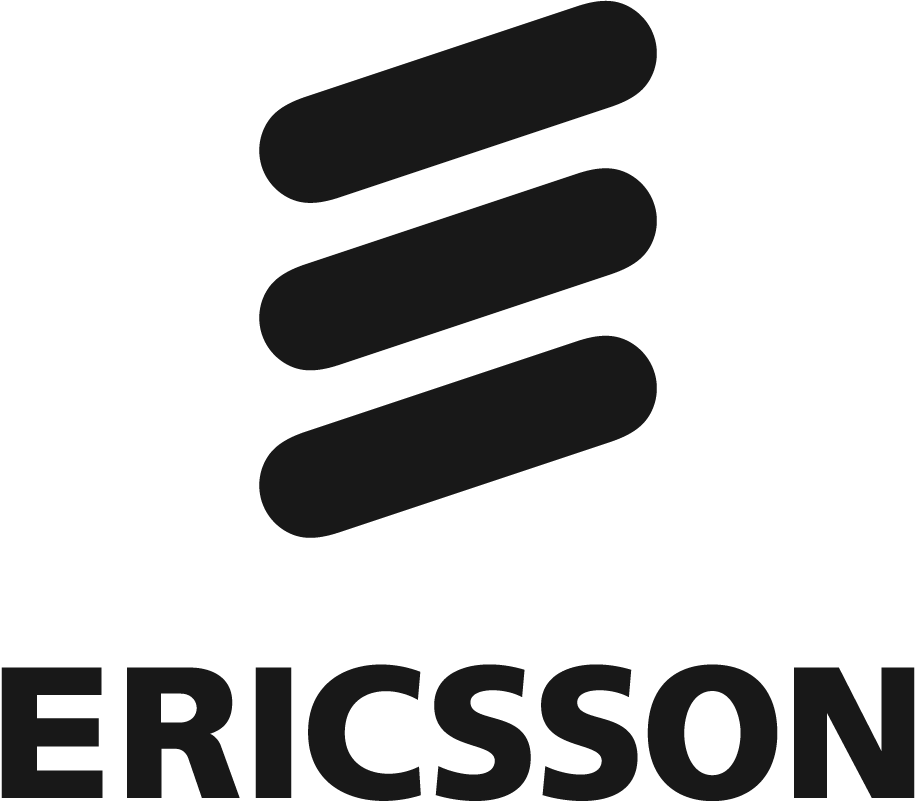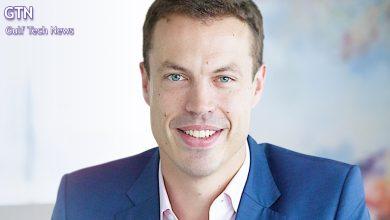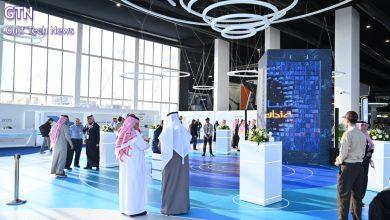Ericsson ConsumerLab: 5G already changing smartphone use in Saudi Arabia

- Largest 5G consumer study to date captures opinions equivalent to 1.3 billion consumers and 220 million 5G users globally
- In Saudi Arabia, early adopters of 5G are satisfied with the speed, and 60 percent want more innovative apps and services
- 5G users spend 3 hours more per week on live video streaming and 1.5 hours more on Augmented Reality (AR), while 19 percent of users in KSA have decreased usage of Wi-Fi on their phones at home and other locations after upgrading
A new report by Ericsson (NASDAQ: ERIC) ConsumerLab highlights the impact that 5G is already having on smartphone users worldwide including in the Kingdom of Saudi Arabia and what they expect the technology to deliver in the future. Indoor coverage is one of the focus areas to emerge from the consumer research, with one-in-five 5G users already reducing Wi-Fi use on their phones indoors because of the benefits of 5G mobile connectivity.
The report – Five Ways to a Better 5G – is the result of the largest global 5G consumer study to date. Covering consumer sentiment and perception in 26 markets – including Saudi Arabia- the Ericsson ConsumerLab study methodology is representative of 1.3 billion smartphone users globally, including 220 million 5G subscribers.
The report explores key trends behind the adoption, use and perception of consumers with and towards 5G. In Saudi Arabia, early adopters of 5G are satisfied with the speed, and60 percent want more innovative apps and services. The report also finds that there was a 7 percent increase from March 2019 to December 2020 regarding consumer intention to upgrade to 5G. Additionally, 25 percent of consumers in Saudi Arabia have a 5G device but are still on a 4G subscription highlighting a readiness to embrace the technology.
A key report finding reveals 70% of current 5G FWA users in KSA are satisfied with the service. The report also highlights how 5G is already beginning to trigger new use behaviors. 5G early adopters spend 3 hours more per week on live video streaming and 1.5 hours more on Augmented Reality (AR) apps than 4G users. 19 percent of users in KSA reduced use of Wi-Fi at home and other locations after upgrading.
Covid-19 lockdowns and movement restrictions mean that the vast majority of 5G early adopters’ regular experiences with the technology have been indoors. As a result, early adopters indicate that indoor coverage is two times more important than speed or battery life in delivering satisfactory 5G experiences.
The report also outlines five ways for communications service providers (CSPs) to meet consumer expectations both in the immediate and longer terms, including:addressing the knowledge gap by educating and better marketing the value of 5G to consumers. 25 percent more smartphone users in Saudi Arabia could have taken up 5G by the end of 2020 if the knowledge gap was addressed
ensuring consistent quality of indoor and outdoor 5G coverage
adapting to network requirements for new 5G services
focusing on consumer intent to envision new 5G use cases
accelerating availability of existing and new use cases through ecosystem partnerships
Jasmeet Singh Sethi, Head of ConsumerLab, Ericsson Research, says: “So far, analyses of 5G network experiences have mostly focused on 5G speeds and availability based on independent network measurements. But it is equally important to understand how 5G early adopters perceive that experience. With Ericsson ConsumerLab’s five recommendations and insights, CSPs can encourage 5G adoption and meet consumer expectations.”




